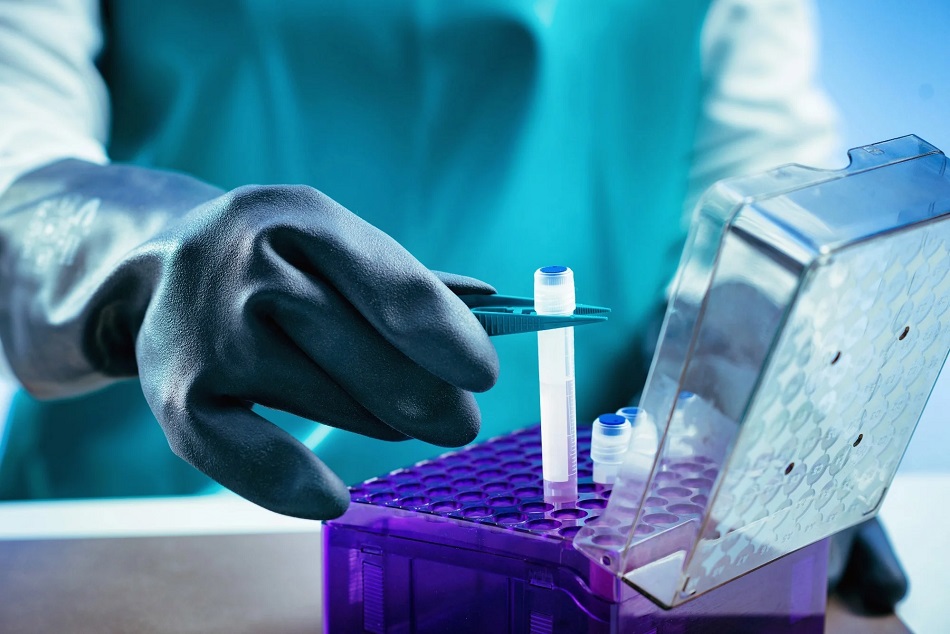
In the field of medical research, biobanks have become an essential component in the quest for understanding and fighting against diseases. Biobanks, or biological resource centers, collect, process, and store biological samples that can be used in medical research. These samples, known as biospecimens, such as blood, urine, tissue, and DNA, provide valuable information about diseases, their progression, and potential treatments.
In this blog post, we will discuss what biobanking is, its benefits, and the different types of biospecimen services available. So, whether you are a researcher, laboratory, medical facility, or pharmaceutical developer, read on to learn more about biobanking.
What is Biobanking?
Biobanking involves the collection, processing, analysis, preservation, and distribution of biospecimens for medical research. These biospecimens, including tissue, blood, urine, and DNA, provide valuable data for research purposes, particularly in the study of disease development, progression, drug discovery, and treatment.
Benefits of Biobanking
The benefits of biobanking extend far and wide. It offers researchers the opportunity to obtain biospecimens quickly, which could take several years with traditional research methods. It helps to identify relationships between diseases and their respective risk factors, such as genetics, environmental factors, and lifestyles.
Since biobanks use high-quality biospecimens that are vastly diverse and representative of different populations, they have the potential to improve healthcare outcomes and treatment by tailoring medical solutions to specific populations. Additionally, biobanks also benefit medical facilities that can use them to augment their medical research programs, diagnose diseases, and discover potential drug treatments.
Types of Biospecimen Services
Biobanks offer biospecimen services that involve procurement, processing, storage, distribution, and analysis. In procurement, specimens are collected from donors who provide the necessary information regarding their medical history and ensure that ethical and legal aspects are considered. Processing biospecimens involves preparing them for analysis. This means separating them into smaller subsets and storing them in containers that can keep their biological properties intact.
Storage is another critical aspect of biospecimen services. To ensure the biospecimens remain viable for research, they must be stored in optimal conditions, including temperature, humidity, and lighting. Lastly, distribution involves providing the biospecimens to researchers, laboratories, medical facilities, and pharmaceutical developers. Biospecimen services also include the analysis of samples, which could provide valuable insights into disease development and treatment.
Transform Medical Research with Biobanking
Finding a biobank that offers biospecimen services, including procurement, storage, processing, distribution, and analysis, is integral to extending the reach of modern medicine. The benefits of biobanking include faster scientific discovery, enhanced understanding of diseases, and insights for tailored treatments. Its importance continues to grow, with participants from different backgrounds and populations. We believe that biobanking will continue to transform medical research, and we hope this guide has been helpful for those seeking to learn more about this indispensable field.




